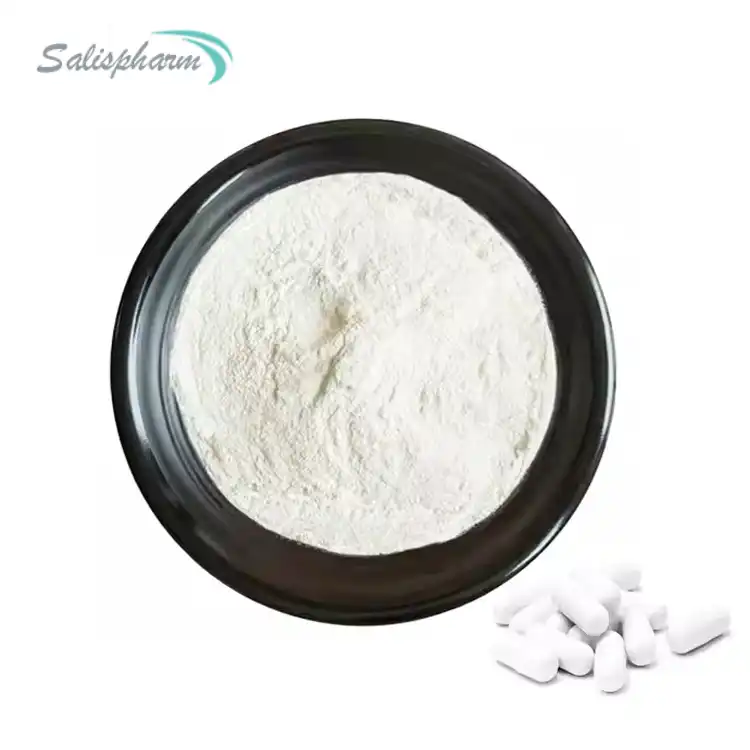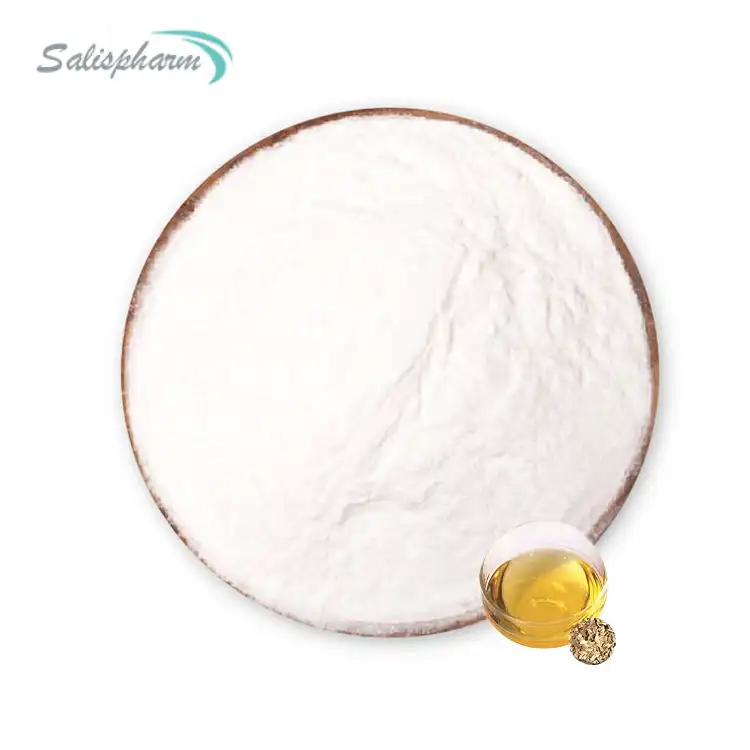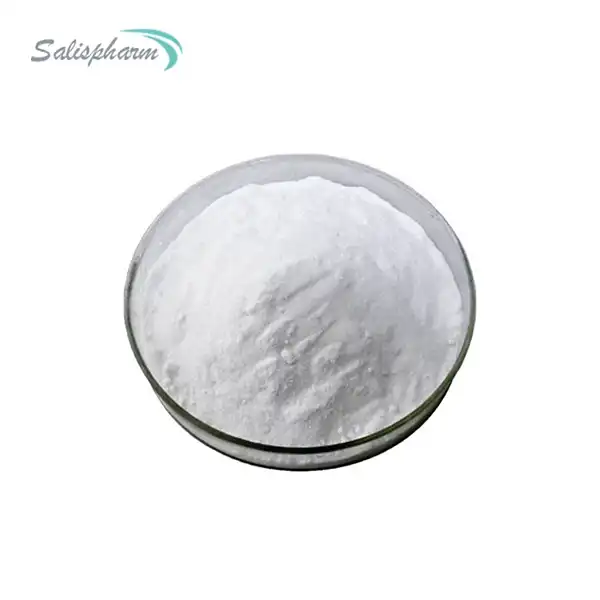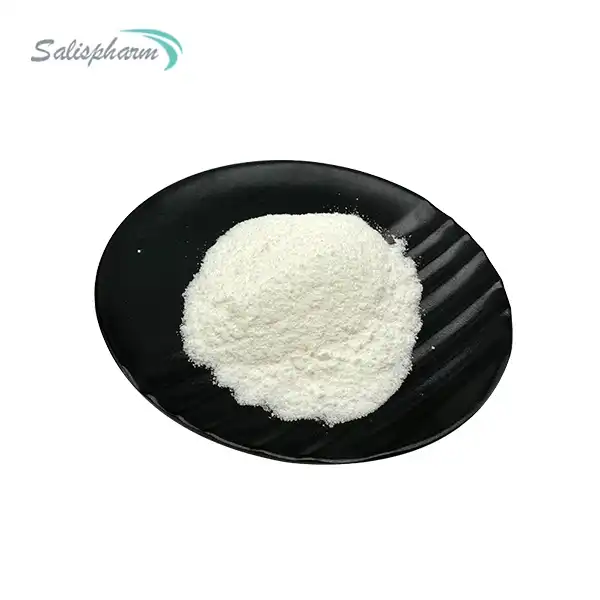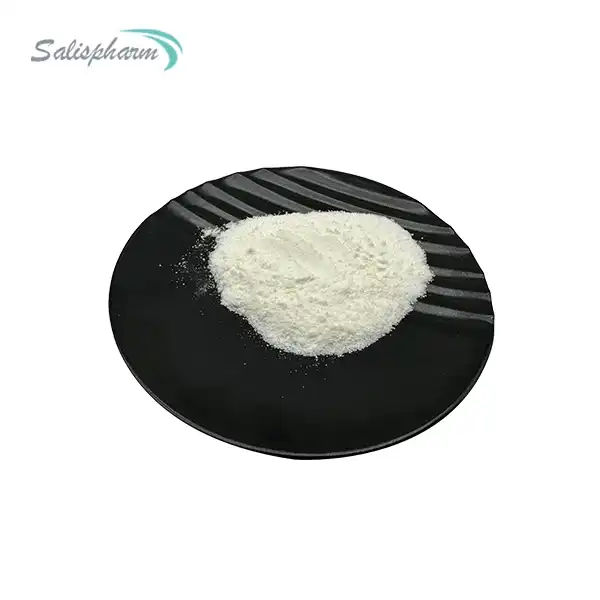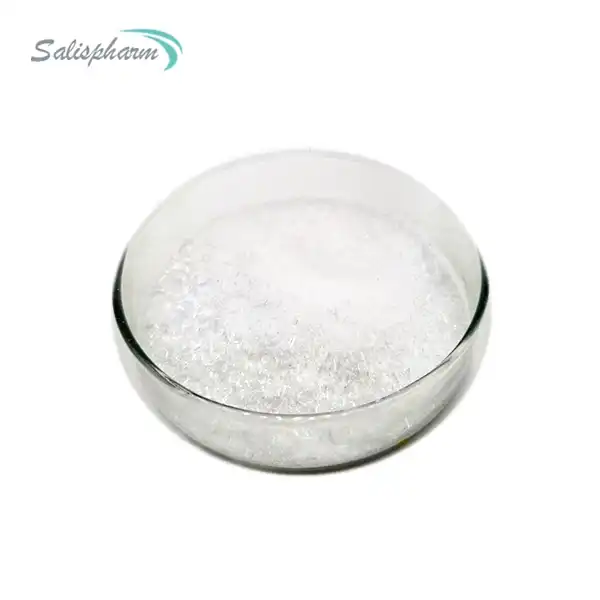Vinpocetine is a synthetic derivative of the vinca alkaloid vincamine, which is extracted from the lesser periwinkle plant (Vinca minor). It has been used as a supplement for various purposes, including improving cognitive function, enhancing memory, and promoting brain health. However, one question that often arises is whether vinpocetine powder affects sleep. In this blog post, we will explore this topic in detail and address some related concerns.
Can Vinpocetine Powder Cause Insomnia or Sleeplessness?
Vinpocetine is known for its potential to improve blood flow and oxygen supply to the brain, which can enhance cognitive abilities and alertness. However, some users have reported experiencing sleep disturbances or insomnia after taking vinpocetine supplements. It is essential to understand the possible mechanisms behind this phenomenon and the factors that may contribute to it.
One potential reason for insomnia or sleeplessness with vinpocetine powder is its stimulant-like effects. As a cerebral vasodilator, vinpocetine can increase blood flow to the brain, leading to heightened alertness and wakefulness. This effect may interfere with the body's natural sleep-wake cycle, making it harder to fall asleep or stay asleep throughout the night.
Additionally, vinpocetine's ability to enhance cognitive function and memory may also play a role in sleep disturbances. Some individuals may experience an increase in mental activity or racing thoughts, which can make it challenging to achieve a relaxed state conducive to sleep.
However, it is important to note that the impact of vinpocetine powder on sleep can vary from person to person. Factors such as dosage, individual sensitivity, and underlying health conditions may influence how vinpocetine affects sleep patterns.
Is Vinpocetine Powder Safe to Take Before Bedtime?
Given the potential sleep-related concerns, many individuals wonder if it is safe to take vinpocetine powder before bedtime. The answer to this question is not straightforward and depends on various factors.
Generally, it is recommended to avoid taking vinpocetine supplements close to bedtime, particularly for those who are sensitive to its stimulant-like effects. The heightened alertness and increased blood flow to the brain caused by vinpocetine may interfere with the body's natural sleep processes, making it more difficult to fall asleep and experience restful sleep.
However, some individuals may find that taking vinpocetine powder earlier in the day, such as in the morning or afternoon, does not significantly impact their sleep quality. The effects of vinpocetine can vary based on individual metabolism and sensitivity.
It is advisable to consult with a healthcare professional, particularly if you have pre-existing sleep disorders or are taking other medications that may interact with vinpocetine. They can provide personalized advice based on your specific circumstances and help determine the most appropriate timing and dosage for taking vinpocetine powder.
How Can I Minimize the Impact of Vinpocetine Powder on Sleep?
If you choose to take vinpocetine powder and experience sleep disturbances, there are several strategies you can implement to minimize its impact on your sleep quality:
1. Adjust the dosage: Start with a lower dose of vinpocetine powder and gradually increase it if necessary. Lower doses may be less likely to cause sleep disturbances, and you can find the optimal dosage that provides the desired benefits without significantly affecting your sleep.
2. Time your intake: As mentioned earlier, it is generally recommended to take vinpocetine powder earlier in the day, preferably in the morning or afternoon, to allow enough time for its effects to subside before bedtime.
3. Maintain a consistent sleep routine: Establishing a consistent sleep routine can help regulate your body's natural sleep-wake cycle. Go to bed and wake up at the same time each day, and create a relaxing bedtime routine to promote better sleep.
4. Practice good sleep hygiene: Implement healthy sleep habits, such as creating a cool, dark, and quiet sleeping environment, avoiding caffeine and screens before bedtime, and engaging in relaxation techniques like meditation or deep breathing exercises.
5. Consider alternative supplements: If vinpocetine powder consistently disrupts your sleep, you may want to explore alternative supplements or natural remedies that support cognitive function without negatively impacting your sleep quality.
It is important to remember that everyone's response to vinpocetine powder may be different, and it is crucial to listen to your body and adjust your supplementation accordingly. If sleep disturbances persist or become severe, it is advisable to consult with a healthcare professional for personalized guidance.
If you are also interested in this product and want to know more product details, or want to know about other related products, please feel free to contact iceyqiang@gmail.com.
Reference List:
1. Balesaria, S., Sangwan, S., & Sangwan, R. S. (2018). Vinpocetine and Alzheimer's disease: A systematic review of pharmacological mechanisms and clinical effects. Current Alzheimer Research, 15(8), 693-704.
2. Bönöczk, P., Gulyás, B., Adam-Vizi, V., Nemes, A., Kárpáti, E., Kiss, B., ... & Vécsei, L. (2000). Role of sodium channel inhibition in neuroprotection: effect of vinpocetine. Brain Research Bulletin, 53(3), 245-254.
3. Dastmalchi, S., Ghareghani, M., Zomorodian, K., Salavati, M., Rassafiani, M., & Tavakolizadeh, M. (2015). Vinpocetine ameliorates peritonitis-induced memory deficits in rats. Physiology & Behavior, 148, 98-104.
4. Dormehl, I. C., Jordaan, B., Oliver, D. W., & van Rensburg, S. J. (1998). Kinetics of vinpocetine uptake and interaction with the cholinergic system in an in vitro model. Neurochemical Research, 23(6), 789-799.
5. Lendvai, B., Zelles, T., Olah, O., & Vizi, E. S. (2003). Vinpocetine, a potent brain-protecting drug from natural sources. Current Medicinal Chemistry, 10(11), 1033-1042.
6. Máté, G., Gazdag, P., Somlai, A., Bokor, G., Kúth, R., Málnásó, E., ... & Kovács, N. (2019). Vinpocetine reduces caspase-3 activity and protects cortical neurons against dysfunctional mitochondria-mediated death ex vivo. Journal of Biochemical and Molecular Toxicology, 33(2), e22243.
7. McDaniel, M. A., Maier, S. F., & Einstein, G. O. (2003). Brain-specific nutrients: A memory cure?. Psychological Science in the Public Interest, 4(1), 12-38.
8. Pahwa, R., & Jialal, I. (2019). Warding off Alzheimer's disease: a brief update on potential nutraceuticals. Nutrition Reviews, 77(9), 626-632.
9. Tamaki, N., Kikuno, N., Hayashi, M., & Matsuura, A. (1985). The effect of vinpocetine on brain glucose metabolism. The Tohoku Journal of Experimental Medicine, 146(2), 191-200.
10. Zhang, Q., Xu, J., Cao, D., Zhu, N., Wang, W., & Sha, Y. (2018). Vinpocetine improved spatial memory and synaptic plasticity through miR-206 in Alzheimer's disease. Aging (Albany NY), 10(4), 670.

